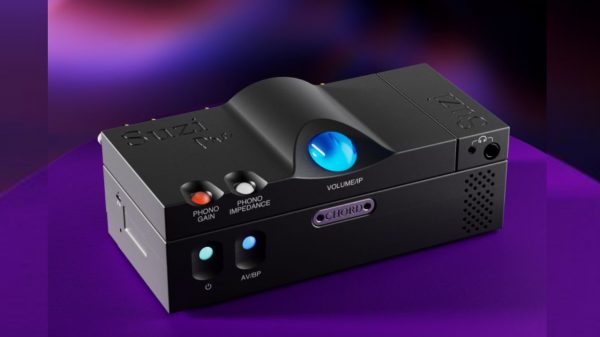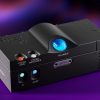A prime concern with any company purchase–or any company investment, for that matter–is Return on Investment (ROI). Every dollar spent is watched carefully by CFOs and other executives to make sure a substantial–or at least profitable–return occurs. Since computer equipment is a significant investment by any company, ROI for computer equipment is measured in as much detail as possible. While many may know that defragmentation theoretically boosts performance for all employees and increases computer life, they may not know that it takes the right defrag technology to actually do so.
The defrag technology in common use is scheduled defragmentation. At the time it was invented, it was a significant advancement; prior to scheduled defragmentation, it had to be performed manually during off hours by a live human. It had to be performed during off-hours because the defragmentation process would negatively slow down performance for any users on the system. Scheduling meant that defragmentation could occur unattended during times when computers weren’t in use. Now, however, “times when computers aren’t being used” are becoming few and far between as many shops remain operational 24X7.
But the problems don’t stop there. Scheduling itself must be done by experienced IT personnel–personnel that are now in short supply and under heavy demand. The time spent analyzing and scheduling defrag on the many drives throughout a corporation cuts heavily into ROI potential.
The most significant factor, however, is the fact that scheduled defragmentation is no longer fully performing the function for which it was designed: fully defragmenting the drives and allowing full performance potential to be realized. Because file sizes and disk capacities have grown so dramatically, fragmentation continues to build in between scheduled runs. That means it is still slowing performance and decreasing hard drive life–and decreasing ROI all across the enterprise.
Diskeeper is the only defragmentation technology which has been specifically tailored to today’s corporate computing environment. Operating fully automatically, invisibly in the background, it defragments whenever otherwise idle system resources are available. Scheduling is never required, which means that IT personnel time can be spent on more worthwhile tasks. Performance is always maximized and is never negatively impacted during defragmentation.
“Diskeeper is doing a good job of keeping my disks in top running order,” says James Davis of Integral Systems. “Best of all, with no downtime; downtime often means money and a dollar saved is a dollar earned.”
Diskeeper brings the full ROI for which defrag was intended: in total system performance, in IT time spent, in the extension of hardware life, and in productivity for all users.























